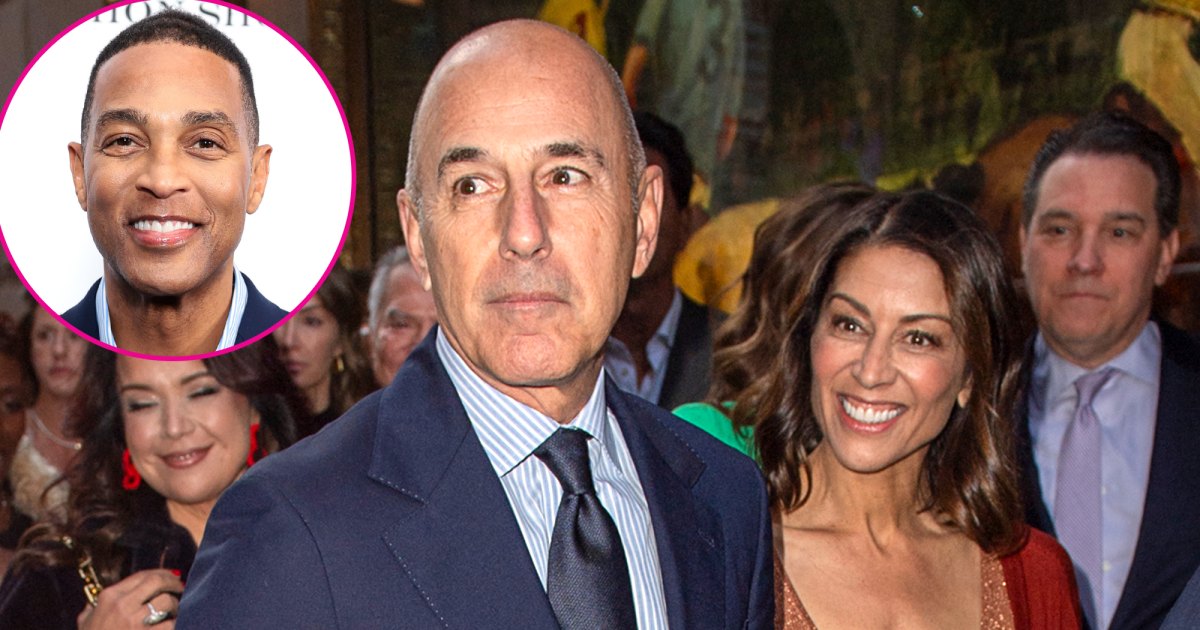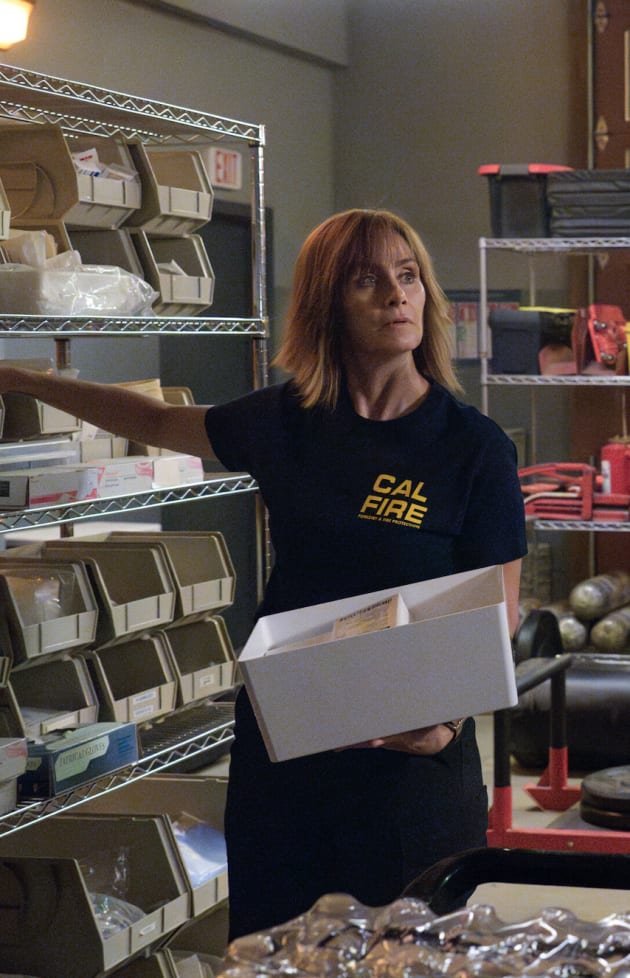As each year comes to a close, it’s a good idea to reexamine your household and living expenses with an eye toward identifying opportunities to maximize your dollars or potentially save money moving forward. This can include looking at what insurance you have for your car. If you moved or your auto policy no longer fits your needs or premiums are too high, it’s time to consider shopping around.
This annual financial review might even include your car insurance policy. Does your current policy still suit your needs? Has the cost gone up beyond what you’ve budgeted for? Could you obtain a new policy that is less elsewhere?
Ensuring you’re getting the best deal for your money is not the only reason to shop for new quotes. You may also need to do so if you’ve experienced various life events.
When to shop for a new auto policy
There are some key times when you should consider requesting new auto policy quotes. They include when you move to a new location, add a new driver to the policy, and when you purchase a new vehicle. But these are just a few of the occasions when it can be a good idea to explore your options.
“The auto insurance market is highly competitive, and consumers have a large variety of choices,” says Pat Callahan, president of personal lines for Progressive. “Because prices vary among insurers and rates change frequently, it can be beneficial for consumers to shop at least once a year.”
When you move
When relocating from one state to another, your insurance policy cannot simply transfer with you. Auto insurance laws vary from one state to another. Your policy and its premium are based on local laws and the specific coverage you’re required to carry.
But even moving from one city to another—or from one ZIP code to another within the same city—can be a reason to policy shop, as local moves can trigger changes in your daily commute to work. Additional factors may also change and impact your policy costs, such as local crime and accident rates.
“Even moving cities within the same state can have an effect on car insurance rates, as premiums vary by ZIP code. Typically, metropolitan areas have a high concentration of drivers and an increased likelihood of accidents, making average insurance premiums higher,” says Renata Balasco, insurance expert and licensed agent at the insurance comparison platform, The Zebra. “If you move from a major city to a smaller suburb or residential area—or vice versa—you may see your rates change due to differing traffic statistics.”
When adding a new driver
In most cases, adding a new driver to a policy can result in higher premiums. This is because there’s now a higher probability of a claim, particularly when you add a younger driver—meaning another reason you may want to shop around and ensure you’re getting the most competitive price possible.
“Teen drivers are the most expensive age demographic to insure, as insurance companies see them as the least experienced on the road and the most likely to get into accidents,” says Balasco. “Shopping around for a new policy when adding someone to it can allow you to browse any available discount opportunities that the new driver may qualify for; some common examples include a good student discount, a driving course discount, or a student away from home discount.”
When you get a new car
Naturally, when purchasing a new vehicle, you’ll want to ensure you have the proper coverage. The first step is to notify your current insurance carrier, as you’re required to do, in order to update your coverage. This process typically results in a new cost for the policy.
“The year, make, and model of the car you drive have a significant impact on your policy cost. Newer vehicles may have safety features that older cars lack, but parts can be more expensive to replace if damaged,” says Balasco.
If your current policy changes too much for the new vehicle, consider obtaining some additional quotes elsewhere in order to find the best rate for your circumstances.
When your policy needs change
Beyond all of the specific examples already discussed, your policy needs may evolve for other reasons as well. Perhaps you’re a remote worker now, and in previous years you had a significant daily commute. The amount you drive impacts how much your insurance costs. If you drive less now, you may be able to reduce the policy’s overall price.
Additionally, if your car is getting older and you no longer feel the need to carry as much coverage as you once did. And you may also consider shopping for a new policy quote.
“Job changes, starting or finishing school, kids going to or coming home from college, will all likely change your vehicle usage and insurance needs,” says Callahan. “So, it pays to contact your current agent or company and to potentially shop for new coverage if you aren’t satisfied with what they can offer you.”
When the policy no longer fits your budget
Of course, you don’t need to have undergone major life changes in order to prompt the search for new policy quotes. In some cases, you may simply want to do so because your premium has increased and you need to bring costs in line with your current budget needs—particularly at a time when inflation is pinching many household budgets.
“Car insurance rates are rising annually, regardless of your driving profile,” says Balasco. “If your premium has increased beyond your comfort level—or if you’ve been with a particular carrier for several years—it may be time to shop around. Another insurance company may be able to offer lower rates or different discount opportunities.”
4 tips for insurance shopping
As you set out to obtain new quotes, remember that there are a variety of ways to cut costs on an auto insurance policy, but you’ll want to make sure you’re still getting all of the coverage you need.
“It’s important to compare coverages against your current policy, and not only look at price,” advises Carmella Cange, Liberty Mutual’s insurance manager of personal lines product design and experience, global retail markets U.S. “Companies may be offering different coverages or limits on their quote, which is often the cause for a price disparity. Customers should make sure they are comparing costs against similar policy terms.”
It’s also critical to read the fine print of a quote, as some companies may be offering prices based on a six-month policy versus a 12-month policy to make the price appear cheaper.
Additional ways to shop around include:
- Use online quote comparison tools: Online comparison platforms make it easy to look at your coverage options and price quotes all in one place. They can simplify the shopping process and save you time.
- Work with an independent insurance agency: When you work with an independent agency, it will do the comparison shopping for you.
- Bundle policies: If you’re looking for still more ways to save money, it can also be a good idea to bundle your insurance policies. This means using one insurance carrier to provide your home, renters, car, pet, and life insurance—or whichever of those policies you require. Often bundling can earn you a multi-policy discount, while also making it easier to manage all of your policies in one place.
The takeaway
Shopping around at least once a year for new car insurance can save you money and also help you adjust the policy to fit your current lifestyle and budget needs. When you do seek new quotes, be sure you’re comparing equal levels of coverage and policy terms for the price. You can also make the shopping process quicker and easier by using an insurance comparison platform or working with an independent insurance agency that can do the comparison shopping for you.


















:quality(85):upscale()/2023/09/13/661/n/1922564/e914a1066501cc897903d6.08615338_.png)









